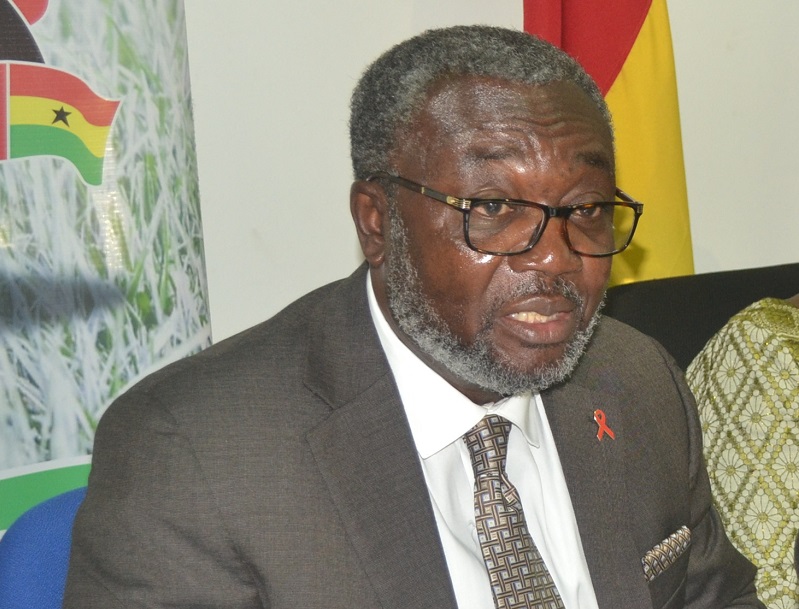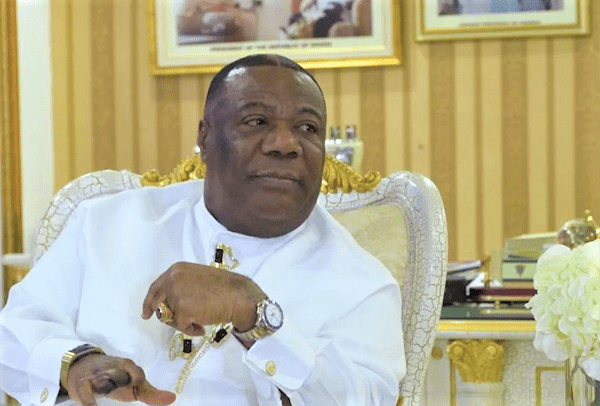GHS – ‘no-bed syndrome’ probe report to be ready July 6
- Posted on
- Comment

Ghana Health Service (GHS) expects the investigative report on the widely reported death of a 70-year-old over the no-beds syndrome to be ready by July 6, 2018.
The service will also make the findings public, according to its Director-General, Dr. Anthony Nsiah-Asare.
“I have inaugurated the committee, and they are working and I have given them up to the 6th of July to present their report to the management of the Ghana Health Service,” Dr. Nsiah-Asare said.
The 70-year-old man, Anthony Opoku-Acheampong, died after seven hospitals in Accra turned him away over claims that there were no beds.
The deceased’s family started searching for a hospital for him at 11:00 pm on June 2, traveling for about 46 kilometers in total, across the seven hospitals, till he eventually died at around 3:30 am.
The recommendation from the report will be presented to the Health select committee of Parliament, Dr. Nsiah-Asare said.
He assured that the committee was working to make sure it contributes to ending the problem of no beds once and for all.
“I know, and I have been following up and they are working judiciously with all the speed and accuracy that it needs… We want to come out with a comprehensive way to solve the problem of the no-beds syndrome, and I think when the time comes, we will let everybody in this country to know what the main thematic areas are and how we are going to deal with it.”
In the meantime, the GHS has among other things, also directed hospitals nationwide to treat emergency cases even when there are no beds.
The directive from the GHS also said hospitals and clinics should make every effort to stabilize the patients before referring them to the next level facilities.
An official communication sighted by the Daily Graphic was dispatched by the GHS to all regional and district directorates of health to enforce the directive.
The Speaker of Parliament, Professor Mike Oquaye, has also charged the Health Committee as well as the Constitutional, Legal and Parliamentary Affairs, to come up with laws and regulations in the medical field that will deal with the no-bed syndrome at some of the country’s health facilities.
Source: Citinewsroom.com










 (Selorm) |
(Selorm) |  (Nana Kwesi)
(Nana Kwesi)